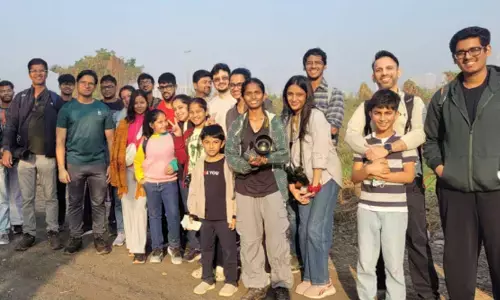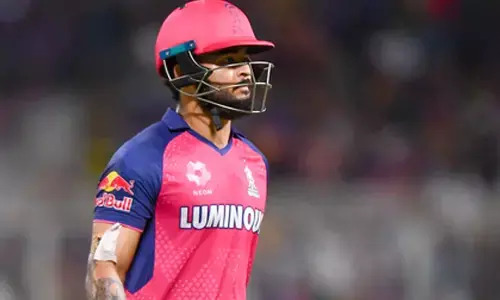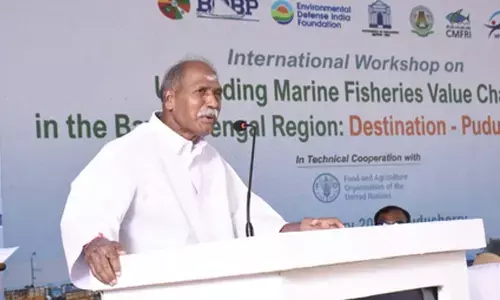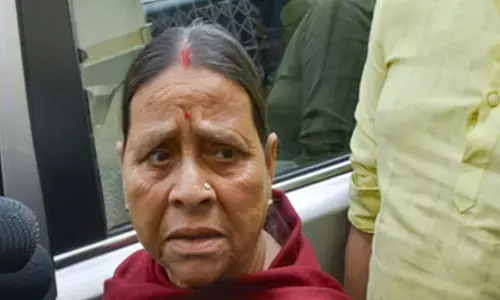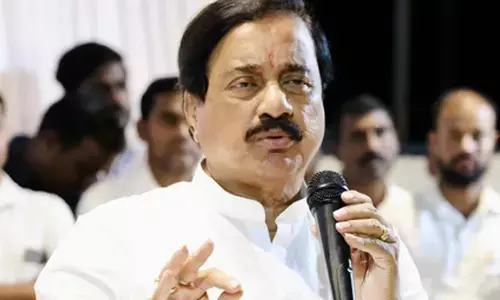Minister's statement cannot be attributed 'vicariously' to govt: SC
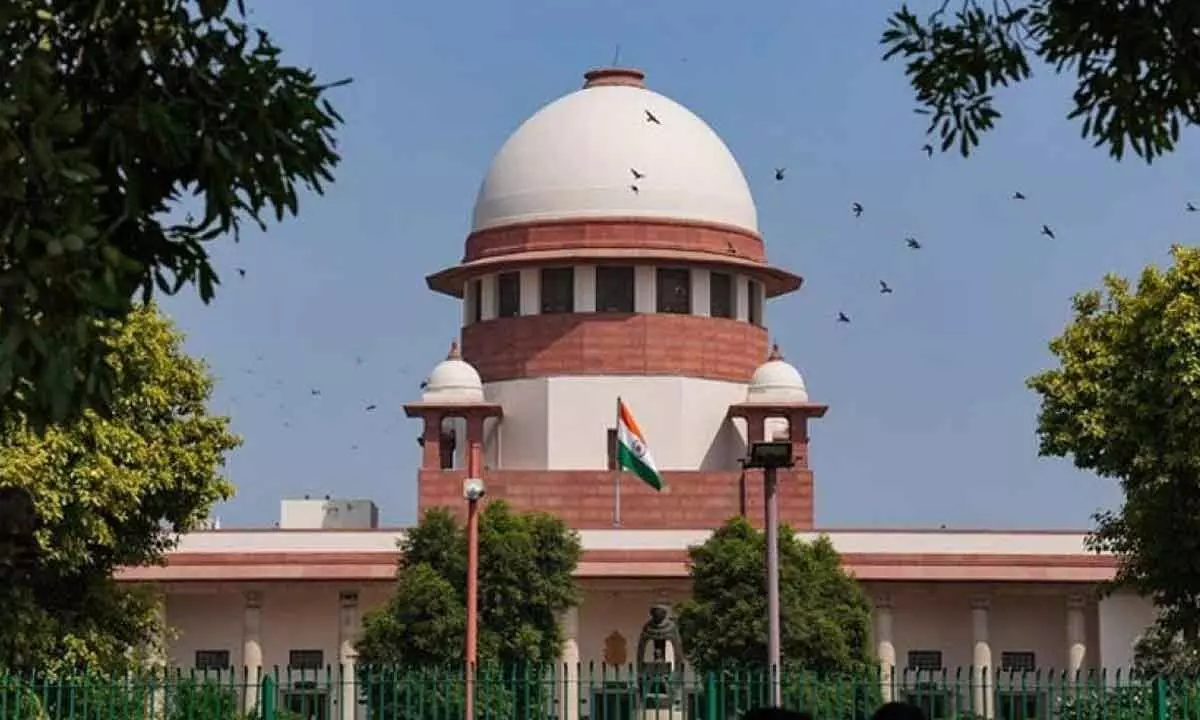
A minister's statement cannot be attributed "vicariously" to the government even when applying the principle of collective responsibility, the Supreme Court said on Tuesday and held that there can be no additional restrictions on freedom of speech for public functionaries.
New Delhi: A minister's statement cannot be attributed "vicariously" to the government even when applying the principle of collective responsibility, the Supreme Court said on Tuesday and held that there can be no additional restrictions on freedom of speech for public functionaries. A five-judge Constitution bench headed by Justice S A Nazeer said no additional restrictions, except those mentioned under Article 19(2) of the Constitution, can be imposed on a public functionary's right to freedom of speech and expression.
"Statements made by a minister even if traceable to any affairs of state or protecting the government cannot be attributed vicariously to the government even applying the principle of collective responsibility. "Fundamental rights under Article 19(1)(a) can be exercised even against other instrumentalities other than the state," the bench, also comprising Justices B R Gavai, A S Bopanna, V Ramasubramanian, said. Justice B V Nagarathna, who was also part of the bench, agreed that greater restriction cannot be imposed on free speech, in addition to grounds under Article 19. She, however, said such statements can be vicariously attributed to the government in case a minister makes disparaging statements in his "official capacity".
Justice Nagarathna said hate speech strikes at the foundational values by making society unequal and also attacks citizens from diverse backgrounds especially "in a country like us that is 'Bharat'." She said freedom of speech and expression is a much needed right so citizens are well informed and educated on governance. The court was hearing a plea filed by a man whose wife and daughter were allegedly gang-raped in July 2016 on a highway near Bulandshahr. He was seeking transfer of the case to Delhi and lodging of an FIR against then Uttar Pradesh minister Azam Khan for his controversial statement that the gang-rape case was a "political conspiracy".
The judgement came on a question of whether restrictions can be imposed on a public functionary's right to freedom of speech and expression. The top court, which reserved its verdict on November 15, had said people holding public offices should exercise self-restraint and not blabber things that are disparaging or insulting to other people in the country. The apex court had said this approach is part of our constitutional culture and there is no need for it to formulate a code of conduct for public functionaries.
The court had noted that irrespective of what Article 19(2) may say, there is a constitutional culture in the country where there is an inherent limitation or a restriction on what people holding responsible positions say. Article 19(2) relates to the powers of the State to make laws imposing reasonable restrictions on the exercise of the right to freedom of speech and expression in the interest of sovereignty and integrity of the country, public order, decency, morality etc.





